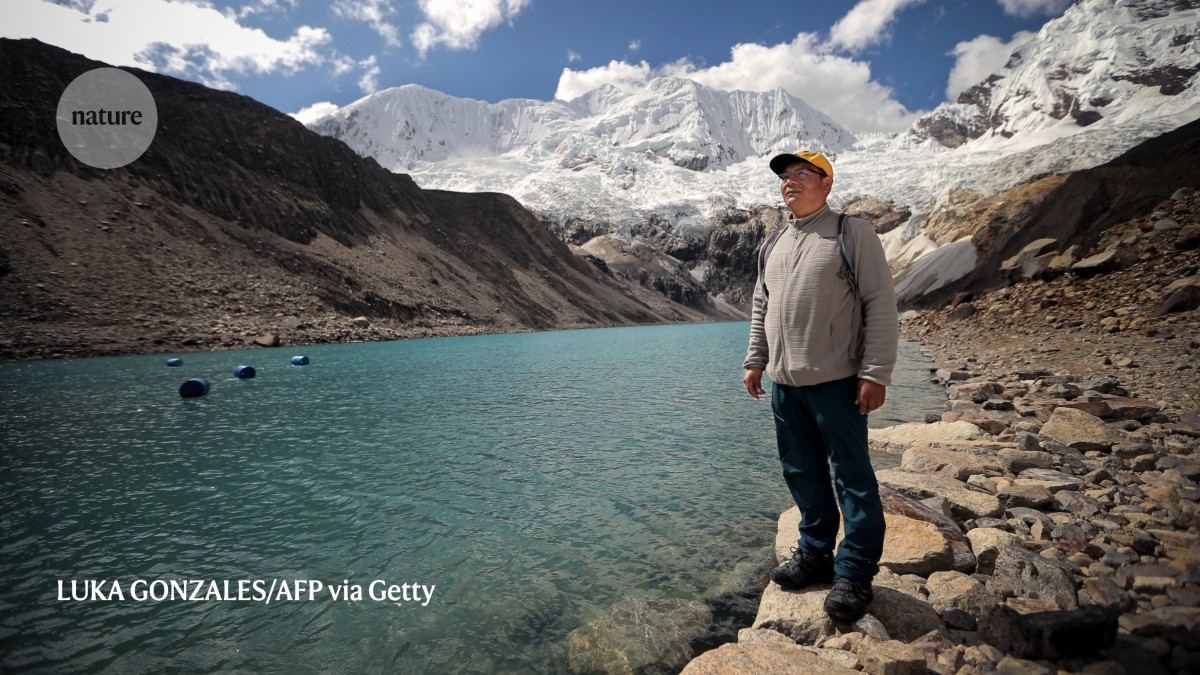
"In 2015, Saúl Luciano Lliuya, a mountain guide from the alpine town of Huaraz in Peru, sued German multinational energy giant RWE for its contribution to global warming, which threatened Lliuya's home with flooding from a nearby glacial lake. The case had numerous setbacks over the ensuing decade, but the final blow came on 28 May. The court dismissed the latest appeal, saying the likelihood of a flooding event reaching Lliuya's home and causing serious damage was too low to justify legal intervention."
"Yet, outside the courtroom on that fateful day, Lliuya's lawyer Roda Verheyen declared jubilantly to waiting reporters, "I'm so happy". The reason for her celebration was that the court decision created a bombshell precedent: major greenhouse-gas emitters could be held liable for costs of damage in the future, on the basis of their proportional contribution to global emissions. "This ruling shows that the big polluters driving the climate can finally be held legally responsible for the harm they have caused,""
Saúl Luciano Lliuya sued German energy company RWE in 2015 over contributions to global warming that increased flood risk from a nearby glacial lake to his home. The decade-long legal battle experienced numerous setbacks and ended on 28 May when a German court dismissed the latest appeal, finding the probability of flood damage too low to justify intervention. Supporters and lawyers celebrated because the court created a precedent permitting major greenhouse-gas emitters to be held liable for future damages proportional to their emissions. Climate-attribution science was nascent in 2015, offering only broad insights into event causation.
Read at Nature
Unable to calculate read time
Collection
[
|
...
]